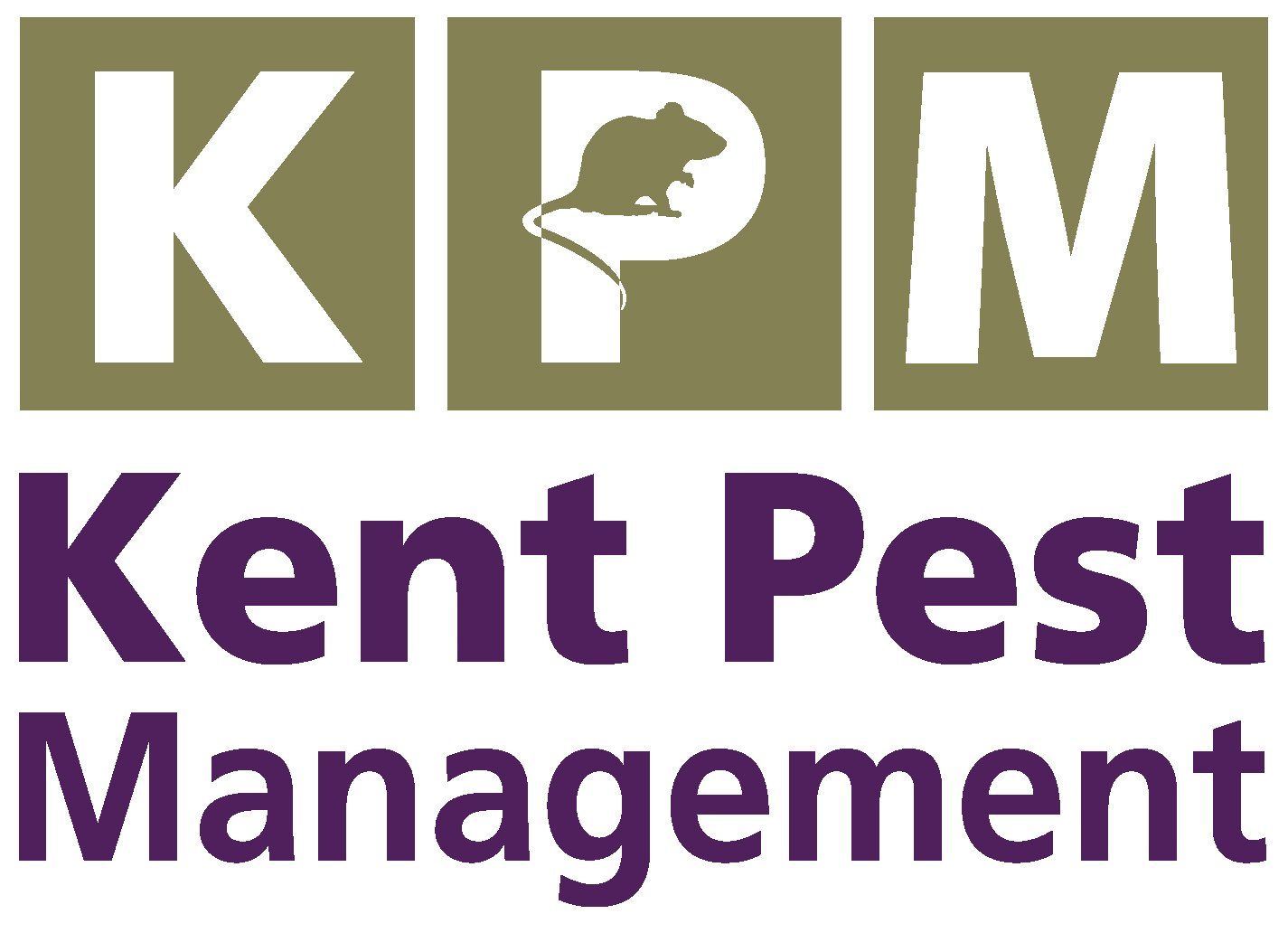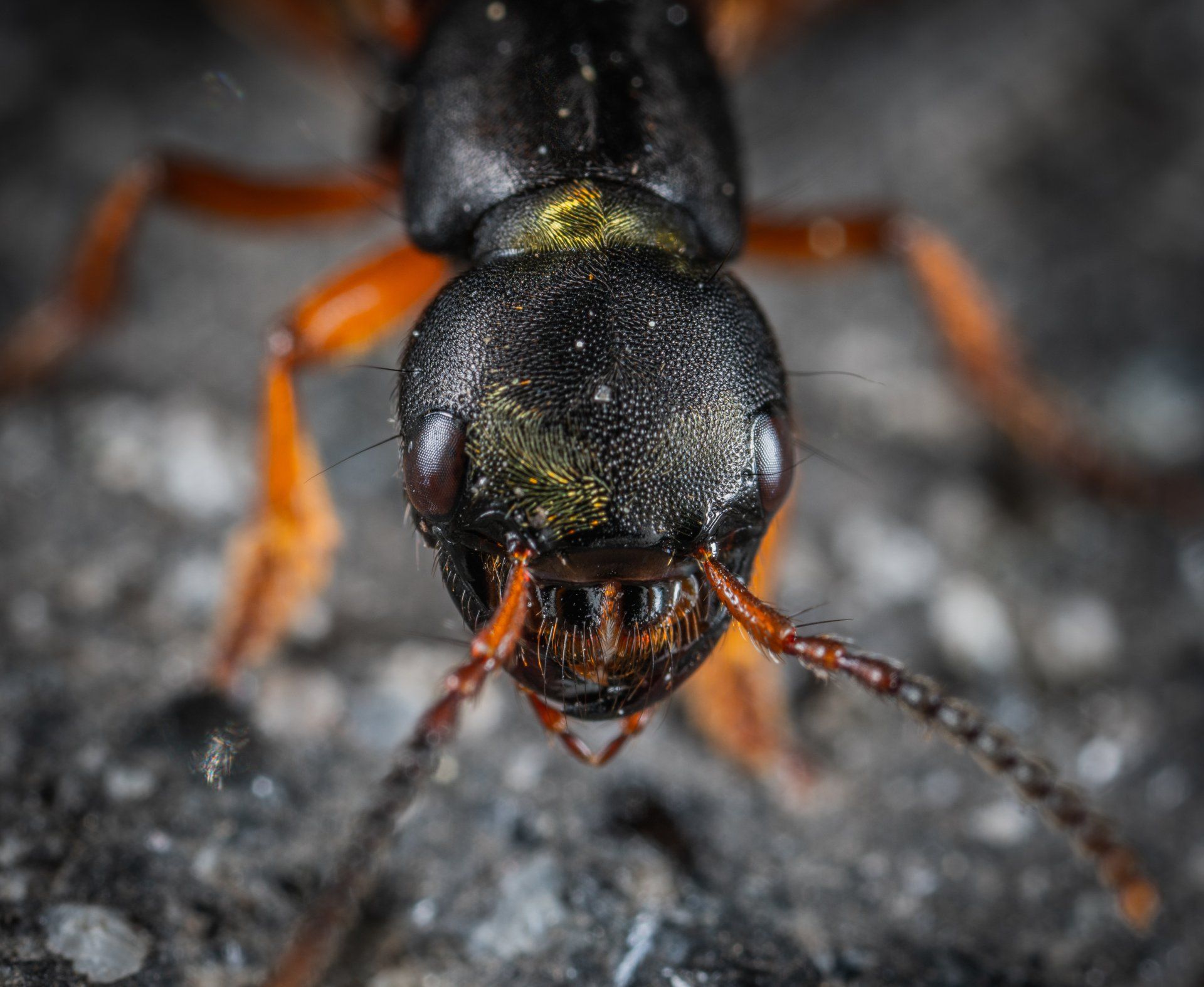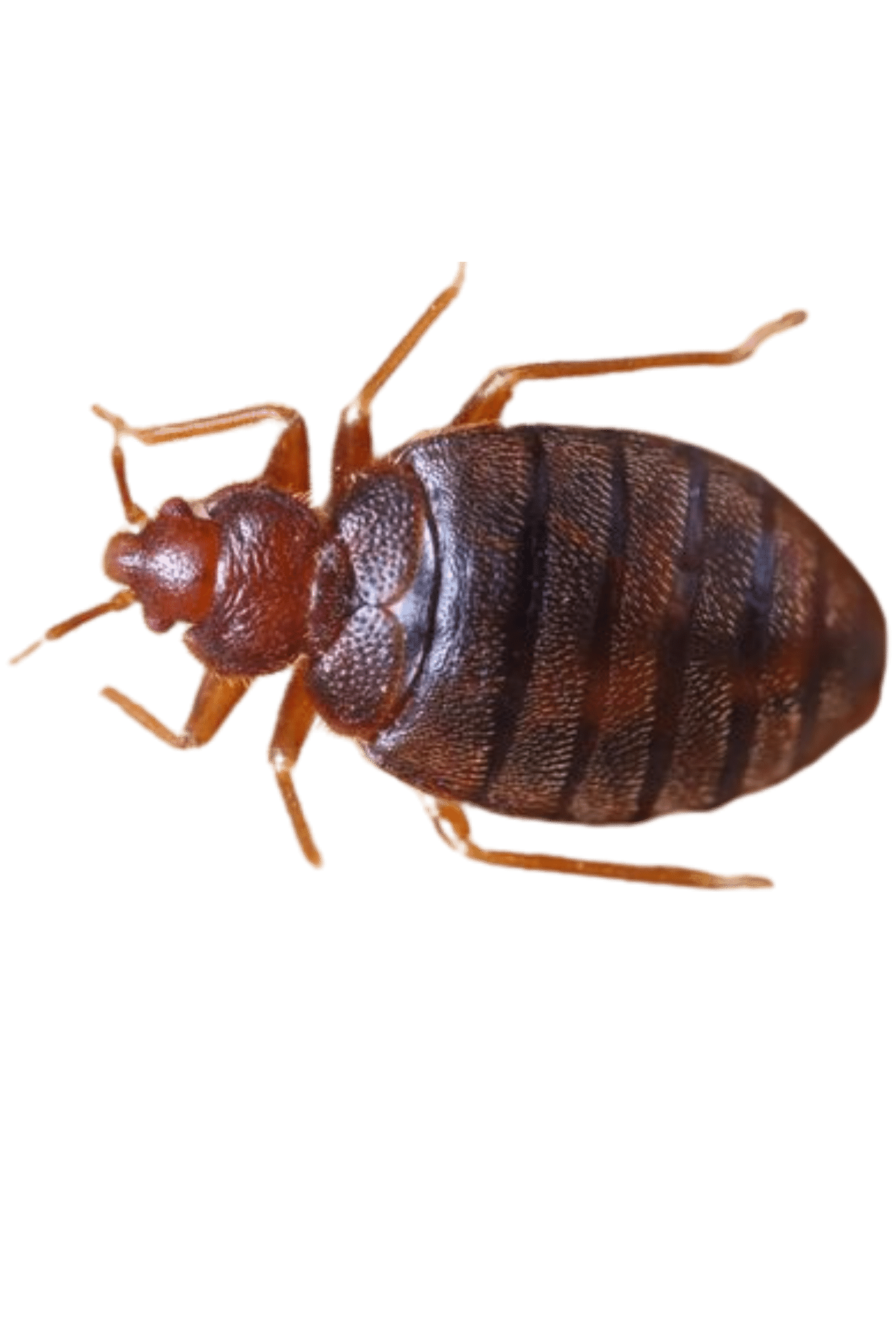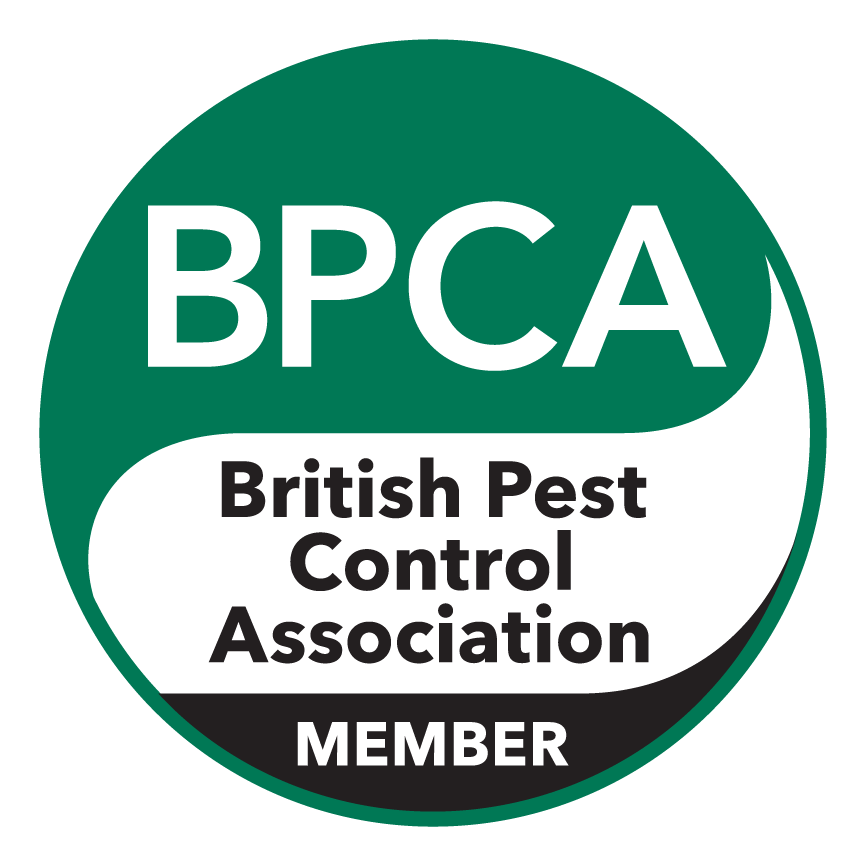Are Wasps Good for the Environment? The Surprisingly Positive Effects Of These Tiny Insects
Wasps - Surprisingly Positive for the Environment
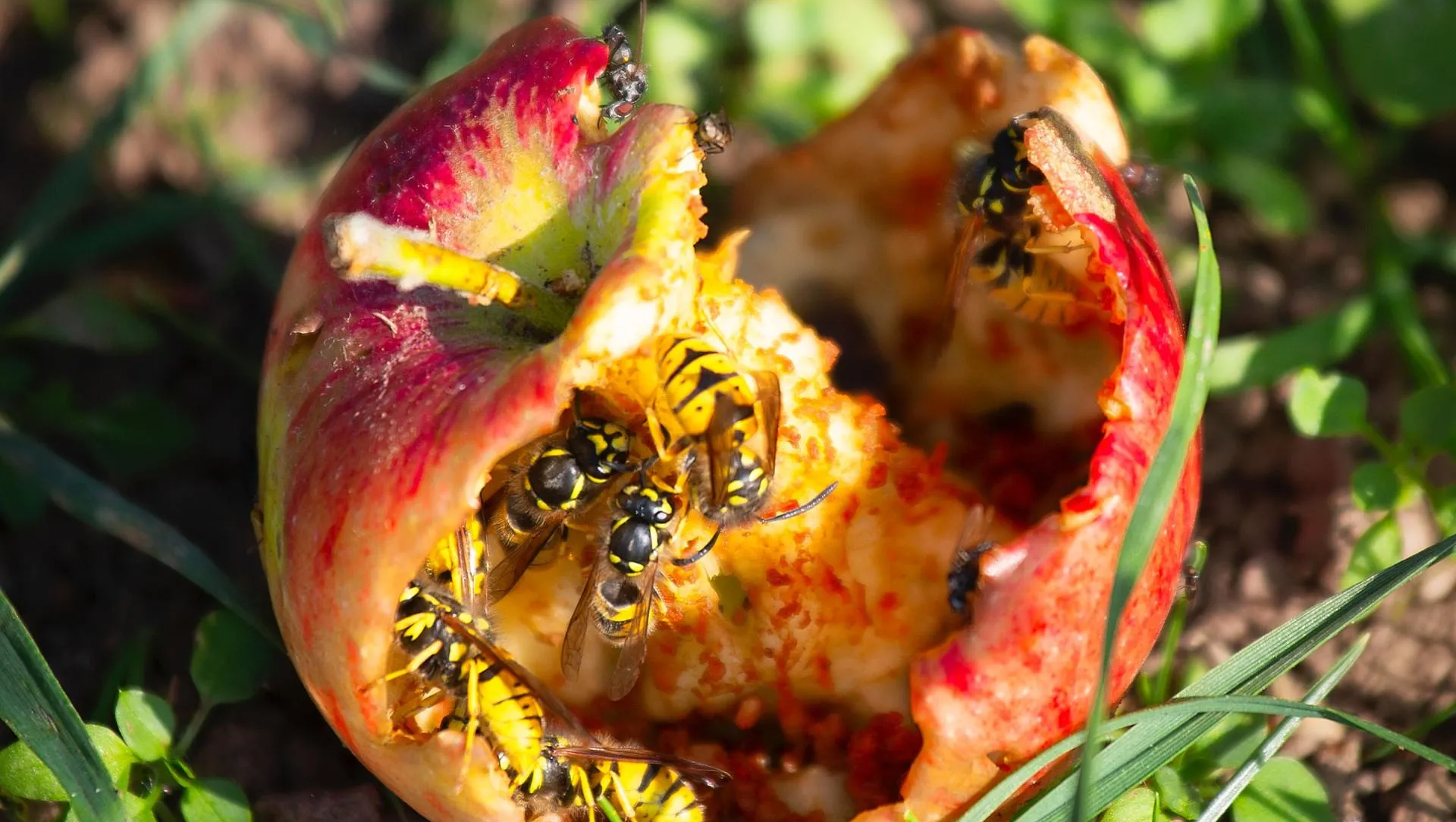
Wasps are universally despised. They’re creepy, crawly and vindictive — what’s not to hate? The truth is, wasps are misunderstood. With more than 10,000 species worldwide, there’s a lot we don’t know about these iconic insects. Wasps are notorious for their aggressive behavior: Many of the black-and-yellow striped wasp species have painful stings that can be lethal to humans. But not all wasps are dangerous. In fact, some species of wasp can be downright beneficial to humans and other animals. Even though these little beasts may seem like villains lurking in the shadows, you might be surprised to learn how these tiny creatures influence our ecosystem in many positive ways...
Wasps Help to Maintain a Healthy Ecosystem
Wasps play a significant role in plant and animal diversity by pollinating flowers and feeding on pests. Insects are essential for healthy ecosystems. They are the source of food for many species of birds, amphibians, bats and other pollinators. However, human activities such as deforestation and overfishing have caused a decline in insect populations. If insect populations decrease, it disrupts the web of life on Earth. The ecosystem may not be able to function correctly, and it could cause humans to lose important services such as crop pollination. This is why it’s important to study how insects such as wasps affect ecosystems.
Soil Health and Rotting Corpses
Soil is an incredible resource that holds nearly half of the world’s carbon. Carbon is found in the soil and in the bodies of the trillions of bacteria, fungi, and insects in the soil. However, without insects to help decompose the organic matter in soil, the soil would remain in a semi-frozen state. This is especially true for temperate regions such as where most of the United States is located. In the winter, the ground stays frozen for up to six months at a time. Without insects to decompose the biomass, there would be no soil to grow crops or support wildlife in the winter. Wasp larvae have a special ability to break down biomass. They have built-in digestive enzymes that help them get energy from rotting corpses. This special diet gives the larvae nutrients they need to grow. As they mature into wasps, they help to break down soil biomass, which releases nutrients and makes the soil more fertile.
Food for Other Animals
You may be wondering how insects pollinating flowers and decomposing biomass are helpful to humans. The real value comes when you consider the food web. There are species of wasps that feed on other insects such as caterpillars that can be pests to plants and crops. When wasps feed on pests, they’re actually helping farmers reduce their need for harmful pesticides. Wasp populations can increase when the insects are able to find enough food to sustain their energy. When the wasps have enough energy, they can reproduce quickly. When insect populations are healthy, birds and other animals that depend on insects for food are able to thrive.
Biodiversity and Ecosystem Stability
Biodiversity is the variety of life at all levels of organization, from genes and species to ecosystems. When ecosystems are diverse, they are less likely to be negatively affected by events like floods, droughts and diseases. Some species of wasps help build biodiversity by pollinating flowers. Without pollinators, many plants and trees would not be able to reproduce. Wasp nests are home to many insects. When wasps build their nests in human-made structures, like wooden furniture or barns, they increase the biodiversity in those places. Wasp nests are very important to ecosystem stability because they can provide shelter and protection for other insects and animals. If a wasp nest collapses, it doesn’t cause a disruption to the ecosystem like a human-made collapse would.
Wasps Are Good for the Environment
Insects are an essential part of the environment, but their populations have been declining for decades. This has caused many ecosystems to suffer. There are several ways to promote the growth of insect populations. For example, scientists can use natural pesticides derived from plants instead of synthetic chemicals. They can also encourage insects to nest in human-made structures, such as crawling spaces under porch floors or behind walls. Wasp populations have declined in recent years, and scientists don’t know why. Some have suggested that changes in climate have contributed to the decline of insect populations.
Conclusion
Wasps are fascinating creatures that are pivotal for the environment. They play an important role as pollinators, decomposers, and predators of other insects. It’s important to remember that not all wasps are harmful, and that these insects provide us with many benefits. In a world where humans and animals are trying to coexist, having a healthy ecosystem is crucial. And one of those things is the presence of wasps. They are good for the environment and help to maintain a healthy ecosystem.
